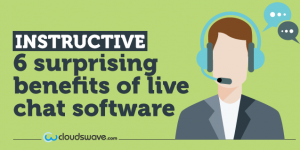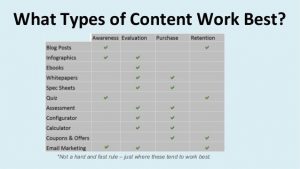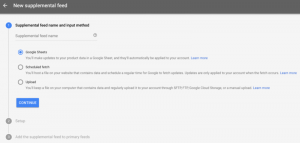 Probably, you use social media for your business; most organizations have some kind of social media activity these days. However, are you using the data and information you glean from social media to shape your business? There is a real chance that this is a problem. Even though billions of people use social media, they are not representative. As a result, you could be basing business decisions about what is important to your customers on a minority subset of them.
Probably, you use social media for your business; most organizations have some kind of social media activity these days. However, are you using the data and information you glean from social media to shape your business? There is a real chance that this is a problem. Even though billions of people use social media, they are not representative. As a result, you could be basing business decisions about what is important to your customers on a minority subset of them.
The first thing to realise about your social media audience is that individuals who engage most on social networks are those with particular personality profiles. People with extroverted personalities are the ones who make the most use of social media. Even though most people in the UK have a Facebook account, for example, most of them are largely inactive. Even though the majority of Facebook users log-in each week, over 80% of them are inactive. Indeed, it turns out that 90% of people never post updates onto Facebook. In other words, the majority of Facebook content is produced by a minority of people – and research shows that the majority of them are extroverts. Personality testing reveals that there are marginally more introverts in society than there are extroverts; for men, it turns out that only 45% of them are extroverts. Facebook is, therefore, painting a rather one-sided picture of your customers – and only giving you a minority viewpoint too.
You can find similar issues throughout social media, with most people being inactive or “lurkers” and almost all of the activity being conducted by a small proportion of the users, often with the same personality characteristics. It means that if you rely on social media to help you engage with your audience, you are likely to be missing out on the majority – unless your target market is extroverts who love social media…!
New research suggests another problem too. It may well be that the people most likely to use social media are in particular emotional states. This study suggests that social networking activity is actually used by people as some kind of release mechanism from negative emotional feelings. In other words, even if the people you reach on social media are representative of your customers, they are likely to be in a negative frame of mind when using the network. That’s not good for engagement; it also means that your business could be associated subconsciously with the negative emotional state of social network users.
Know your audience
What this all adds up to is the fact that you need to understand your customers more deeply than ever before. In the days before social media, you probably got to know your customers through a variety of methods, including face-to-face where you were able to assess emotional states and take them into account. Now, with just 140 characters to go on, you have no real way of knowing enough about people, and therefore, you risk inadequate levels of engagement.
More than ever we need to understand our customers. We need to get to know them and how and why they use social media. We need to understand what they like or dislike so that we can present it to them in a blink of an eye. As the article “How to appeal to your demographic via Text messaging” suggested, you need to gain as much information about your customers as possible if you want to engage with them these days.
Assuming that it is easy because all you need is a website and some associated social media activity is a bad idea. The data that you get from analytics and from social media management tools is only presenting a biased snapshot. We need better ways of understanding our customers if we are to succeed.
Digital & Social Articles on Business 2 Community(11)
Report Post







